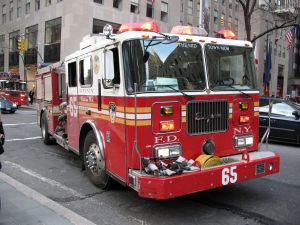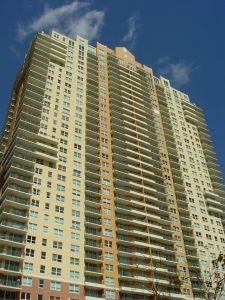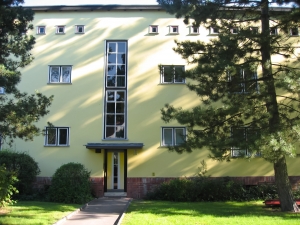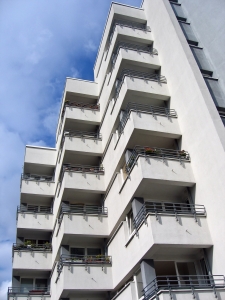Our San Francisco fire injury law firm knows that home fires are a very real danger that can cause death or serious injury. A harsh reminder of this threat came to the Ingleside Heights neighborhood this week when a fire claimed the life of sixty-one year old Deane Wernet on Wednesday night. According to a report in The San Francisco Chronicle , the blaze burned much of the top floor of the residence at 65 Saint Charles Avenue. Wernet moved to San Francisco from Ohio, where she grew up as one of thirteen siblings. She worked as a waitress and also made jewelry and other pieces of art. Authorities are still investigating the fire, but they do not believe foul play was involved.
 Home Fires: Statistics & Causes
Home Fires: Statistics & Causes
Home fires are the single most common disaster nationwide, a fact that headlines the American Red Cross’s Fire Safety Fact Sheet. During the year prior to the info sheet’s compilation, a whopping 93% of the disasters that the Red Cross responded to nationwide were fire related. Even more disturbing, fire safety appears to be on a negative trend with the number of home fires rising eight percent since the year 2000. Fires cause more American deaths annually than all types of natural disasters combined, with a home fire being reported every eighty seconds in 2006 and someone dying every 204 minutes due to a home fire. Despite these statistics, only 26% of families have planned and practiced a fire escape plan.
 San Francisco Injury Lawyer Blog
San Francisco Injury Lawyer Blog


 A group of tenants in Rancho Cordova banded together to form a class and the
A group of tenants in Rancho Cordova banded together to form a class and the  CitiApartments, owned by the Lembi family, will be facing yet another lawsuit according to
CitiApartments, owned by the Lembi family, will be facing yet another lawsuit according to 
